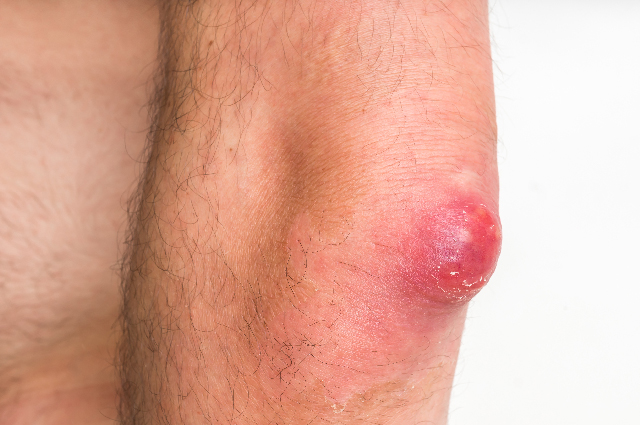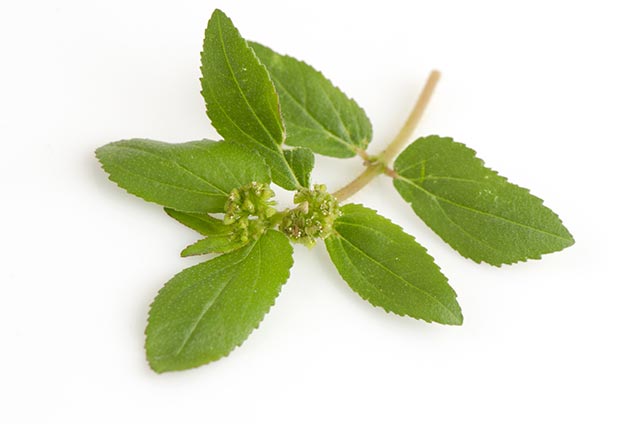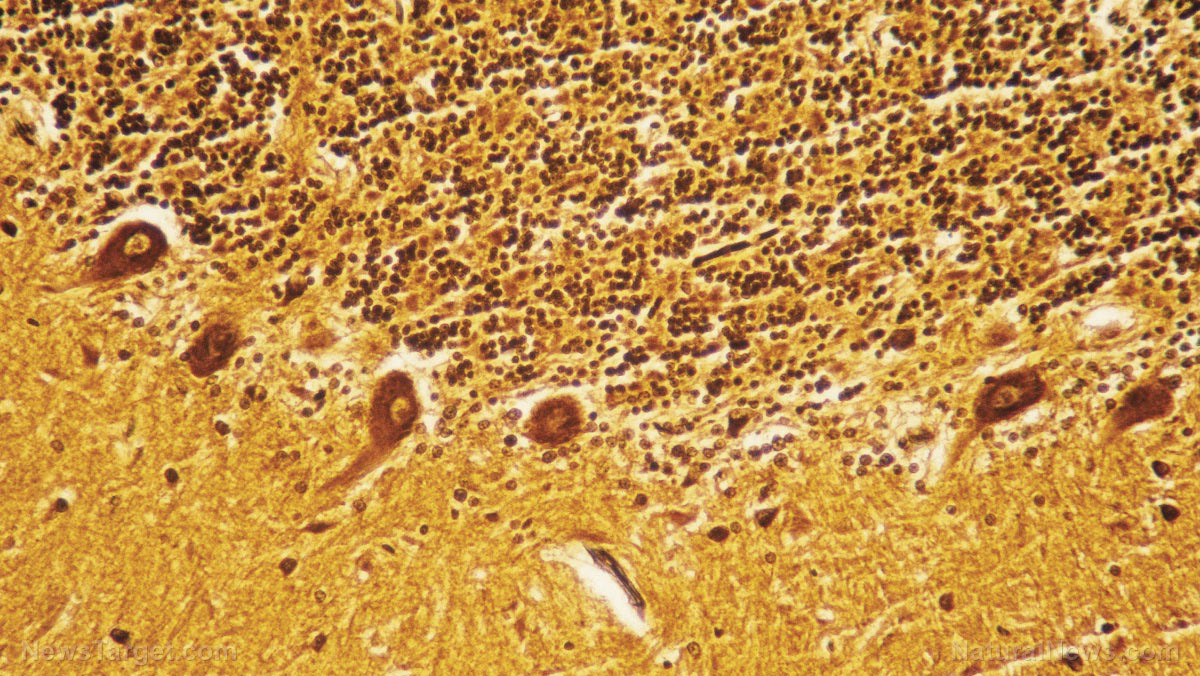Are probiotics the key to fighting allergies?
03/07/2017 / By Vicki Batts

If you’ve ever suffered with seasonal allergies, you know how dreadful they can be. Itchy, watery eyes, stuffy, runny noses, and sneezing are some of the most common symptoms that accompany allergy season. Many allergy sufferers have been relegated to the over-the-counter allergy medication aisle, but are displeased with the effects of the medications — especially the side effects. Fortunately, there is a natural remedy on the horizon. New research has shown that specific probiotic combinations may be able to help stop seasonal allergies altogether.
Researchers from the University of Florida (UF) say that while research has pointed to the ability of probiotics to help regulate the human immune system’s response to allergens, not all probiotics are effective for allergies. The combination of lactobacilli and bifidobacteria has already been shown to help maintain digestive health, and parts of the immune system. Scientists from UF wanted to find out if this combination of bacteria could help mitigate allergy symptoms.
Study finds probiotic supplement can stop allergy symptoms
To begin their research, the team recruited 173 healthy adults who suffered with seasonal allergies to participate in their study. The study participants were then split into two groups: one group received the combination probiotic supplement, and one group was given a placebo.
Over the course of the 8-week experiment, which was conducted during the height of the spring allergy season, the test subjects were asked to complete an online survey about their discomfort level each week. Scientists also analyzed the DNA found in their stool samples to look at how the bacterial populations changed. The primary use for probiotics, after all, is to deliver good bacteria to the gut. This analysis also confirmed who was actually taking the probiotic.
The study found that participants who took the probiotic reported an overall improvement in quality of life, compared to the placebo group. For instance, probiotic group participants reported having fewer nasal allergy symptoms, which meant they were less encumbered during daily activities. The research team notes, however, that none of the participants in their study suffered with “severe allergies,” but state that their trial demonstrated the clinical benefits of probiotics for mild allergy sufferers.
According to other research, seasonal allergies can be deeply disruptive to sufferers’ lives: they can disturb sleep, reduce productivity, and even cause stress or embarrassment. Current allergy medications are known for their myriad of unwanted side effects, which makes the need for natural remedies all the greater. Probiotic supplements look like a great contender, at least for those with mild allergies.
Pitfalls of conventional allergy drugs
Some of the more commonly recognized symptoms of over-the-counter (OTC) allergy medications include dry mouth and drowsiness, but did you know that research has shown these drugs can also shrink the brain and set the stage for dementia?
Researchers from Washington University found that OTC anticholinergic drugs for allergies and asthma as well as sleep aids significantly increased the risk for dementia. The scientists found that daily use of such drugs for a period of at least 3 years increased the risk of Alzheimer’s disease by up to 60 percent. A subsequent study by researchers from the Indiana University School of Medicine found that older adults taking these kinds of drugs performed worse on short-term memory and executive function tests, and were diagnosed with cognitive impairments earlier than their peers who didn’t take the drugs.
People taking anticholinergic drugs also exhibited reduced glucose metabolism, which is an indicator of brain activity, in both the brain as a whole, and the hippocampus specifically. The hippocampus is a region of the brain that is known to be affected early on in Alzheimer’s disease. The U.K.’s Telegraph reports, “The brains of those taking anticholinergics were, on average, four per cent smaller, while the cavities inside the brain were 12 per cent larger.”
Probiotics sure are looking like a good alternative now, aren’t they?
Sources:
Tagged Under: allergies, natural medicine, probiotics




















